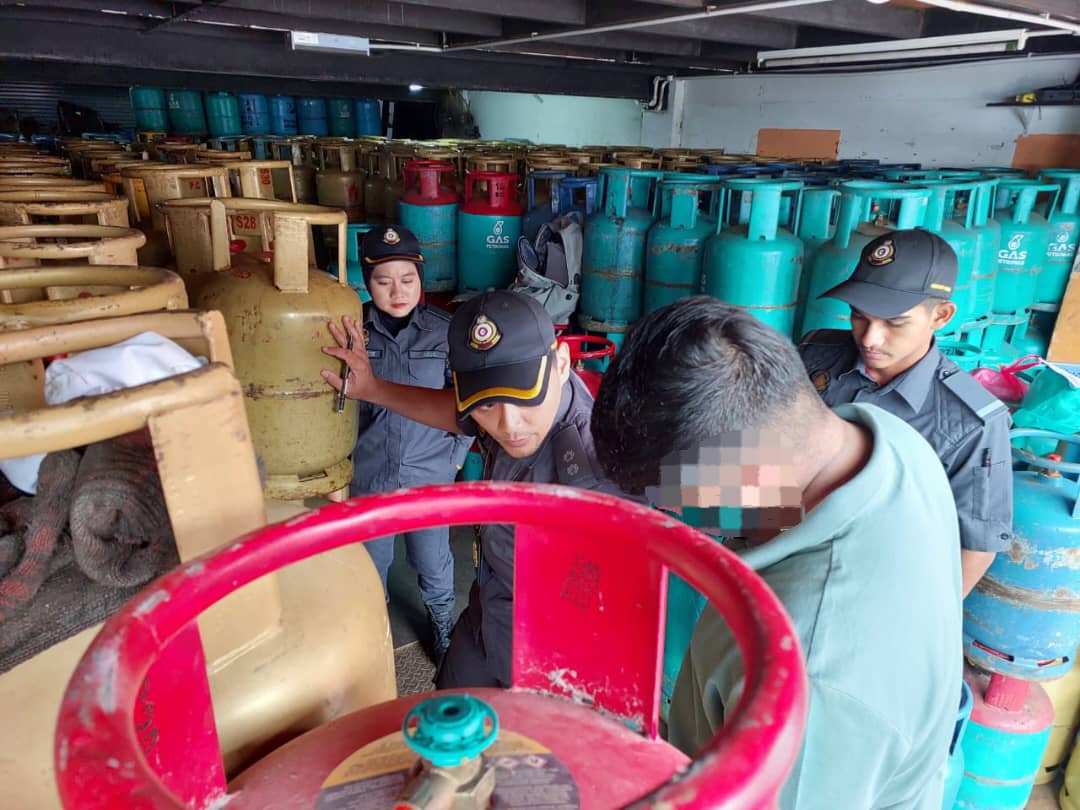
ABUJA – The Independent National Electoral Commission (INEC) has scheduled the election into the Federal Capital Territory (FCT) Area Councils for February 21, 2026. The INEC Chairman, Prof. Mahmood Yakubu, made the announcement during the first regular consultative meeting with political parties held at the commission’s headquarters in Abuja on Wednesday.
Prof. Yakubu also announced that voting would take place in all designated polling units across the 68 constituencies of the Federal Capital Territory (FCT). The elections will determine the six Area Council Chairmen and 62 councilors.

Yakubu stated that the scheduled date aligns with Section 28(1) of the Electoral Act 2022, which mandates the commission to issue a notice for elections no later than 360 days before the election date. “This policy applies to both general and off-cycle elections. As you are aware, the Independent National Electoral Commission (INEC) is responsible for conducting Area Council elections in the Federal Capital Territory (FCT), the only part of the country where INEC oversees local government elections.
“The last Area Council election in the FCT was conducted on February 12, 2022. Consequently, the tenure of the current chairmen and councilors is set to conclude next year.” INEC announced that the 2026 Area Council elections in the FCT will be held on Saturday, February 21, 2026.
Voting is scheduled to take place across all designated polling units within the 68 constituencies to elect six Area Council Chairmen and 62 councilors. In line with mandatory legal provisions, the official notice for the election will be published on February 26, 2025. Party primaries will be conducted between June 9 and 30, 2025.
Candidate nomination portal will open at 9:00a.m on July 21, 2025, and closes at 6:00p.m on August 11, 2025.
According to him, “The final list of candidates for the 2026 general election will be published on September 22, 2025. Public campaigns by political parties are set to commence on September 24, 2025, and will continue until midnight on Thursday, February 19, 2026.” Speaking on the electoral schedule, Prof.
Yakubu revealed that the detailed timetable and schedule of activities for the election, along with the list of constituencies and the type of elections in the FCT, would be uploaded to the commission’s website before the end of the ongoing meeting. Yakubu also called on political parties yet to submit their schedule of activities for the March/April primary elections to select candidates for the forthcoming Anambra State governorship poll to do so by the end of the week. “This is crucial to ensure compliance with the electoral calendar and enable a smooth electoral process,” he emphasised.
The chairman announced that the commission would soon unveil plans for other routine activities, including the resumption of the nationwide Continuous Voter Registration (CVR) exercise and the conduct of outstanding bye-elections. He noted that since the inauguration of the current National and state Assemblies in June 2023, a total of 23 constituencies have experienced vacancies. According to him, these were caused by the deaths of serving members or their voluntary resignations to take up executive positions at various levels of government, such as ministers, commissioners, local government chairpersons, or members of government boards.
“While the commission successfully conducted nine bye-elections early last year, 14 additional vacancies have since emerged. These vacancies are unpredictable, unbudgeted, and difficult to plan for in advance. Compounding the challenge is the domino effect of some bye-elections, which often lead to even more bye-elections.
“For instance, there were cases where a bye-election in a Senatorial District was won by a serving member of the House of Representatives from the same district, thereby creating a new vacancy in the House. Similarly, a member of a state Assembly who won a bye-election to the House of Representatives left a vacancy in the state Assembly. As a result, a single bye-election triggered three separate bye-elections.
“Not only are these bye-elections financially burdensome, but they also divert the commission’s focus from its broader and more extensive electoral responsibilities.” The chairman reiterated the commission’s call for a more cost-effective method of filling vacancies, aligning with global best practices. He noted that since 2016, INEC has consistently advocated legislative amendments to introduce alternative mechanisms for this purpose.
“For the past nine years, we have been pushing for a more cost-effective means of filling vacancies, as practised in many jurisdictions around the world. We have also been appealing to stakeholders, including political parties, to support this advocacy and for the National Assembly to amend the law accordingly,” he stated. Reflecting on the challenges faced by the commission in 2024, Prof.
Yakubu highlighted the devastating impact of a flood that hit the INEC State Office in Benin City, Edo State. “Unfortunately, in 2024, our state office in Benin City was flooded. However, we managed to recover and prepare adequately for the election,” he said.
He also revealed that two local government areas offices were attacked, although the incidents were unrelated to elections or electoral activities. “The headquarters of the Independent National Electoral Commission (INEC) in Sankara, Ukum Local Government Area of Benue State, came under attack during a local protest against insecurity. Public buildings, private institutions, and our office were targeted in the unrest.
“Similarly, in Owa Oyibu, the headquarters of Ika North East Local Government Area of Delta State, a fire incident ravaged our office, leaving it severely damaged. While the commission is relieved that no staff members were harmed in either incident, we deeply regret the substantial loss of electoral assets and damage to our facilities in both locations.” The Chairman of the Inter-Party Advisory Council (IPAC), Yusuf Dantalle, in his remarks, called for the immediate commencement of preparations for the 2027 general elections.
He emphasised the need for the INEC to begin putting all necessary measures in place to meet the expectations of Nigerians. Dantalle stated, “While preparations for the Anambra State gubernatorial election are ongoing, the commission should also activate its Election Project Plan (EPP), Strategic Programme of Action (SPA), the 2022–2026 Strategic Plan, and the Strategic Plan Implementation Programme (SPIP) for the 2027 general elections.”.











